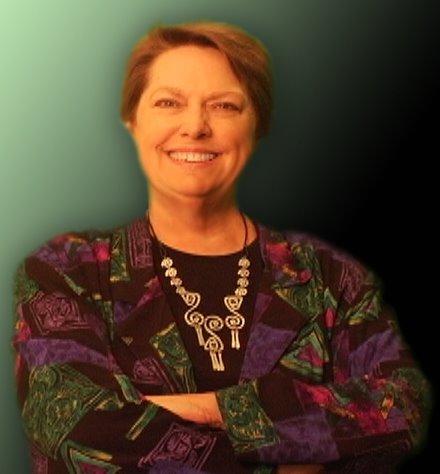Telling Stories
“There have been great societies that did not use the wheel, but there have been no societies that did not tell stories.”
Ursula K. LeGuin
On Palm Sunday I participated in a performance of the Gospel of Mark at my church. We broke the book into 1-3 minute chunks and more than a dozen of us took turns telling the story of Jesus’ ministry in the oral tradition, much as it must have been told and preserved in the first decades after his crucifixion before it was written down.
In the summer, I took a class in storytelling offered for United Methodist lay speakers. The book we used, Dancing with Words by Ray Buckley, focused on the legacy of storytelling in the Lakota tradition. “Storytelling affirms for us the memory of our people,” he writes. “We are people of the story, and we seek to identify and tell our stories in nearly everything we do.”
In his book, A Whole New Mind, Daniel H. Pink lists telling stories as one of the six competencies we need in the conceptual age, because computers can’t do it for us. This book was so full of good ideas that I had to buy my own copy after I returned the library book.
When I started teaching a course in cultural diversity, I had my students share their culture by telling stories to one another, a very popular activity. Whenever we get together in groups, the way we communicate is by telling stories. Start paying attention to the stories you hear and those you tell. What do they tell about you?
More on stories tomorrow.
©2006 Dixie Darr. All rights reserved

No comments:
Post a Comment